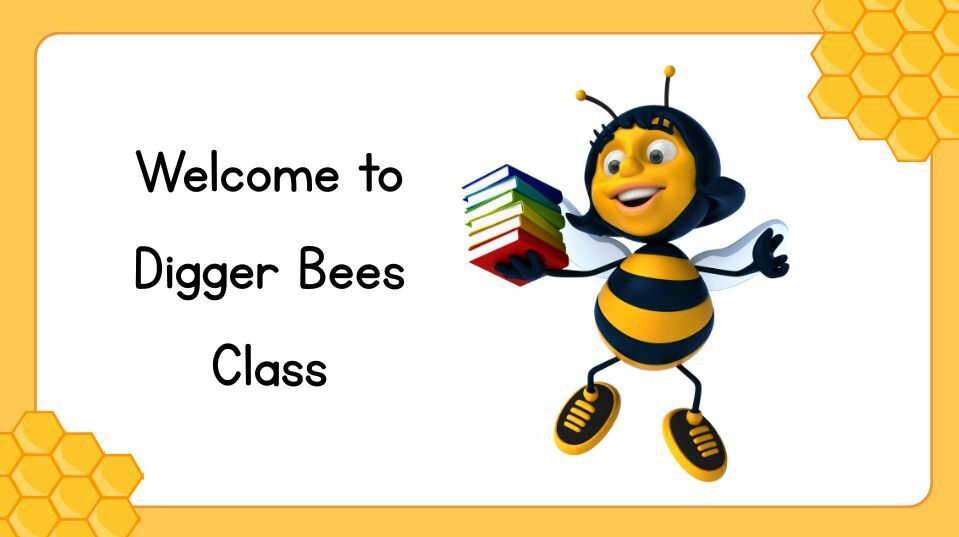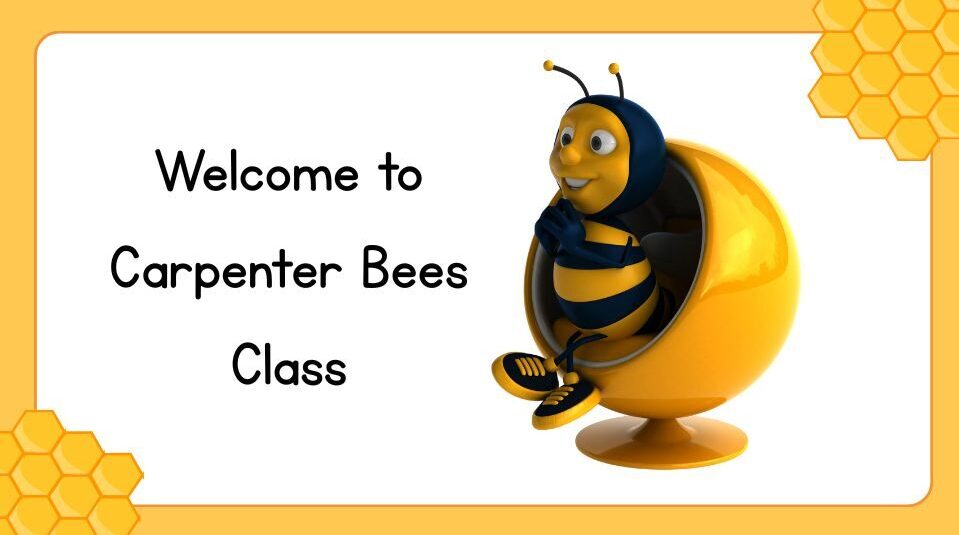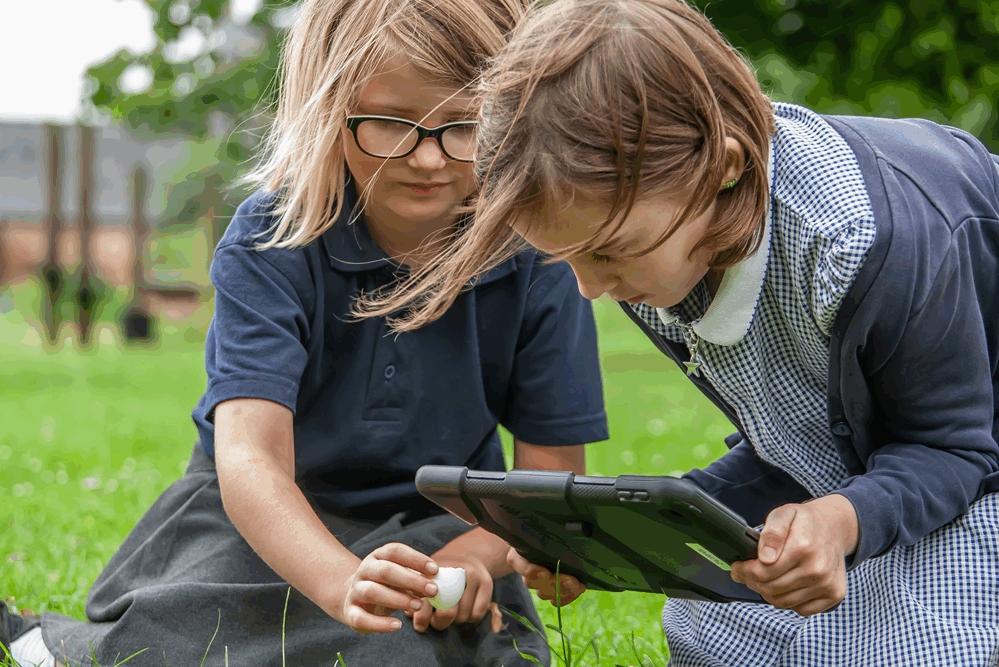How Our Classes Are Structured
The majority of our pupils join our school in the September following their 4th birthday and leave in the July or the year that they turn 11. With seven years and three classes, all children spend at least two years in each of their classes as they move through the school. We find this to be a real benefit as it means that class teachers really get to know their children, and in their second year together, they hit the ground running right from the start!



Curriculum Overview
At Osbournby we aim to provide learning experiences which will:
– Enable children to be successful learners
– Prepare our children for the next stage of their learning, and beyond
– Develop confident individuals, who are able to lead safe, healthy, fulfilling lives
– Prepare pupils to make a positive contribution to live in modern Britain
Osbournby is a small rural school with the majority of our pupils living in local villages, in some cases they are the only family from that village attending our school. The vast majority of our families are white British, and many have limited experiences of learning and playing alongside pupils from other ethnic groups. Diversity, in its many forms, is not reflected in our local community and some pupils demonstrate stereotypical views. This demographic helped us to identify our drivers for our curriculum.
At Osbournby we promote a family ethos and we are proud to provide successful inclusion and a commitment to developing well-rounded individuals who are ready to take their place in the wider world. Our school aims and values demonstrate our ambition for our pupils and our belief that we should educate the whole child. We have developed our curriculum to impact on academic standards and our pupils’ personal development and well-being. Underpinning everything we do is SEMSC (Social, Emotional, Moral, Spiritual & Cultural Education). Having considered our aims, the life experiences of our learners and the needs of our children, we have adopted DIVERSITY as curriculum driver to underpin and shape learning in our school:
Throughout our curriculum, we aim to promote an awareness of diversity in all its forms:
– promoting cultural awareness and celebrating diversity;
– being aware that people have different needs;
– awareness of the variety of skills/strengths/merits of others;
– an appreciation of each other;
– valuing the opinions & beliefs of others;
– challenging stereotypes;
– promoting the fundamental British Values of democracy, rule of law, individual liberty, mutual respect and tolerance of those with different faiths and beliefs; and global awareness.
Reading is also a key component in our curriculum. Alongside the teaching of phonics and reading skills, these are practised in cross curricular activities. To build cultural capital and ensure that all our pupils are exposed to a range of genres and styles we have created our own reading cannon. This identifies which texts will be introduced to pupils as non-negotiables at different points during their school career.
Due to the nature of our mixed year groups, the curriculum at Osbournby is designed to follow a 2 year rolling programme, based on the requirements of the National Curriculum and the Early Years Foundation Stage. Offering breadth and depth of learning through a sequence of knowledge and skills acquisition.
Knowledge, which we have considered to be essential to build cultural capital and life-long learning, will be taught within and between subjects in meaningful ways following our knowledge progression documents, and this will be supported by our skills progression documents that identify skills (procedural knowledge) that will support pupils in developing the traits of being a geographer, historian etc. By considering both aspects of learning within our curriculum, we plan for children to apply their knowledge and transfer their skills to new situations, thus equipping them with the knowledge, skills and cultural capital they need to optimise their opportunities, both in the next stage of their learning and for future success. When planning knowledge acquisition, we also consider the importance of vocabulary development. By planning to teach specific new vocabulary, we are intent on making vocabulary more transferable – within subjects and across subjects.
To find out more about our school curriculum visit our subjects page, or come in and talk to our teachers. We would be more than happy to talk to you in greater detail about the curriculum we offer your children.
Curriculum Policy


1 CommentsComment on Facebook